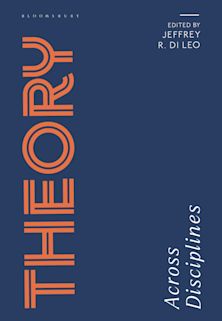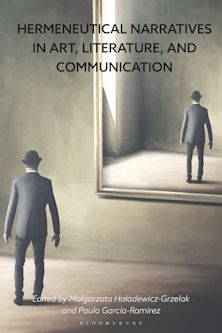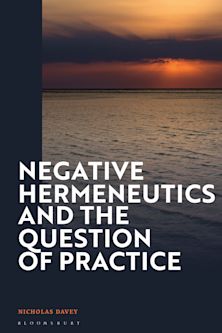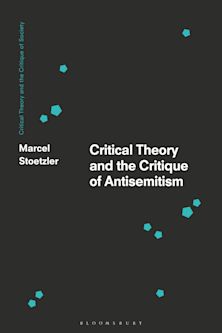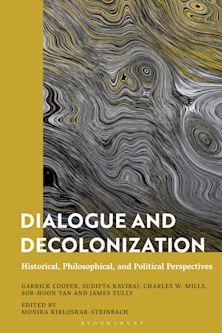- Home
- ACADEMIC
- Philosophy
- Critical Theory
- The Dialectic of Herbert Marcuse
The Dialectic of Herbert Marcuse
This product is usually dispatched within 1 week
- Delivery and returns info
-
Free US delivery on orders $35 or over
You must sign in to add this item to your wishlist. Please sign in or create an account
Description
Herbert Marcuse (1898–1979) was one of the most recognizable and controversial public intellectuals throughout the 1960s until his death in the late 1970s, but today Marcuse’s work largely stands in the shadows of other Frankfurt School members and critical thinkers. Despite having once held a prominent and influential position amongst scholars, activists, and readers in the twentieth century, it is argued that Marcuse’s work nevertheless remains largely misunderstood. The Dialectic of Herbert Marcuse offers a new interpretation of Marcuse, one that attempts to show how Marcuse’s work has so often been turned into something else—into its opposite. In shining a light on parts of the unknown Marcuse, through the use of archival material and published works, this book reveals Marcuse’s Critical Theory to be one of hope, not one of pessimism, as it is so often portrayed to be. Ultimately, it is argued that Marcuse’s Critical Theory remains a vital and important body of work for present-day society and ought to be revisited.
Table of Contents
Acknowledgments
Introduction: Forgetting Marcuse
Chapter 1: The Long Dialogue of the Frankfurt School
Chapter 2: The Camouflage of Critical Theory
Chapter 3: Hope in One-Dimensional Man
Chapter 4: Beyond One-Dimension
Conclusion: Remembering Marcuse
Bibliography
About the Author
Product details
| Published | Aug 30 2024 |
|---|---|
| Format | Hardback |
| Edition | 1st |
| Extent | 160 |
| ISBN | 9781666936384 |
| Imprint | Lexington Books |
| Dimensions | 9 x 6 inches |
| Series | The Frankfurt School in New Times |
| Publisher | Bloomsbury Publishing |
About the contributors
Reviews
-
Patrick Gamsby’s uplifting work is an introduction to the debates about whether political praxis and social change are imminent or even possible in an advanced technological society. The Dialectic of Herbert Marcuse provides a clear and accurate textual account of Frankfurt school writings about positivism. It highlights Marcuse’s thoughts about the concepts of negation and critique, and provides an in-depth analysis of the Frankfurt School’s dialectical method that is at the core of their contribution to philosophy and social thought. Through impressive primary document research on the correspondence between and about Habermas, Adorno, Horkheimer, and Marcuse, Gamsby demonstrates that key members of the Frankfurt School stood together with an element of hope in their critique of contemporary society. Gamsby’s documentary portrait of Marcuse’s engagement in teaching and campus life at Brandeis is a wonderful inspiration to future generations.
Clarence Lo, University of Missouri















